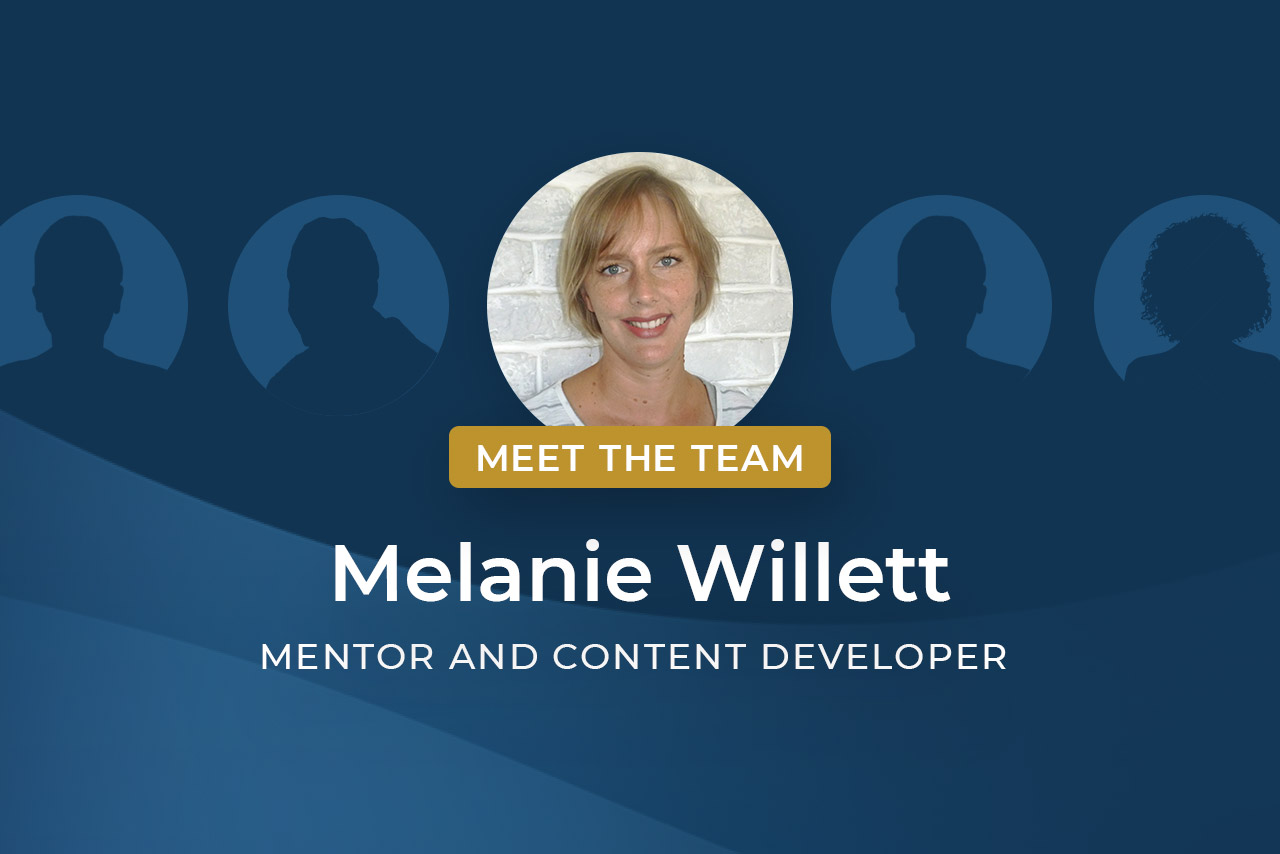Welcome to our ‘Meet the team’ series! When you enrol on a HyperionDev Software Engineering, Full stack Web Developer or Data Science bootcamp, an important part of the learning experience involves your relationship with your mentor, an integral team member of HyperionDev, from whom you receive regular code reviews. Here’s why learning through code review is smarter than other methods of learning programming:
- It’s true you can automate your code checking, but that’s a bit like conducting a spell check. You won’t write something world-class this way. Only through the human review of code will you become truly fluent as a developer.
- Many online programming courses have very high dropout rates, as students become frustrated with generic error messages. Daily and rapid code review via a person helps you overcome any stuckness by debugging your programs.
- Code review is a standard part of a developer’s day in the workplace. Be exposed to this kind of assessment from your first day of training.
Melanie Willett is an integral team member of HyperionDev. She works as a mentor and code developer. Prior to that, Melanie lectured in IT at the CTI Education Group, Nelson Mandela University and Northampton College. In this “meet the team” interview, she gives the inside scoop on the code review process and how mentoring works for her. So let’s see what she has to say.
Q: Melanie, how do you mentor students?
A: The mentorship role involves a lot of interaction with students. You need to be available to help students understand various coding concepts as well as be there to answer specific questions. I often have 1:1 syncs with students who then share their screen so we can look at specific examples of troublesome code. Sometimes I share my screen to show students relevant examples that could help them know how to modify their code.
Q: What do you want to know about students as their mentor?
A: During our initial 1:1 sync, I find out whether a student wants to become a full-time developer or is more interested in learning specific skills for a particular function – e.g. starting a new business. It’s important to understand each student’s current exposure and experience with coding and / or a specific development environment or language. It’s also an opportunity to respond to any concerns or questions the student might have.
Q: What happens during a code review?
A: Firstly, I check the code is correct, both the syntax and the logic. Remember, beginner coders often struggle to find and fix errors. Often helping them see how to use tools and logic to identify bugs and errors in the first few tasks makes the student confident to do this by him or herself efficiently later. Once the code is running correctly, I offer suggestions on how to make the code more efficient, easier to read and maintain, and more compatible with industry norms and standards.
A good code review has two main outcomes: (1) provides the opportunity to learn something (2) imparts confidence that the code is correct, efficient and adheres to industry standards.
Q: What are the difficulties of conducting a code review?
A: Even if you are an experienced developer, finding errors in code can be complicated. It takes time. Also, the world of programming changes quickly – for example, JavaScript gets updated fairly regularly. This means that sometimes there are a few different ways of writing code that does exactly the same thing. Knowing what is the most efficient and relevant (in terms of the industry standard) way of doing something is not always easy.
Q: What do you love about your job?
A: The best part of my job involves seeing someone achieve his or her goals. Hearing that a student did well in a job interview or that they have been able to create a website for their business is always wonderful! It is also always great to see students realise the potential of what they can do with their new skills and get excited by it. Students often tell me about something they’ve read or researched for themselves that excites them – this enthusiasm is contagious and very satisfying.
Q: What advice do you have for prospective coders?
A: Start making continuous learning a habit early on. Subscribe to YouTube channels, blogs etc that will help you know what is happening in your field. Set aside time in your schedule to read, discuss or learn a little every day. Technology changes quickly. If you develop the habit of setting aside some time to learn something every day (and learn to enjoy that time), it will make your life as a developer MUCH easier in the long run.
In conclusion, code reviewing at HyperionDev is an exciting career for those who enjoy mentoring and helping people become better programmers. In this ‘meet the team’ interview, Melanie proves this in her important responsibilities as a HyperionDev team member and mentor. If you’re keen to learn programming via this process, consider these bootcamps offered by HyperionDev: Full Stack Web Development, Data Science or Software Engineering.


